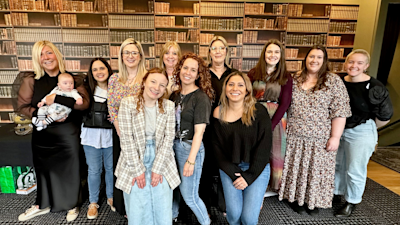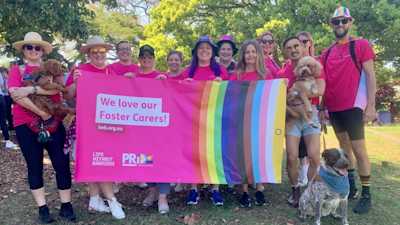Many people don’t apply to become a foster carer as they think their life circumstances might disqualify them. That’s why we’ve taken the time to answer some common questions and clear up some misconceptions about becoming a foster carer.
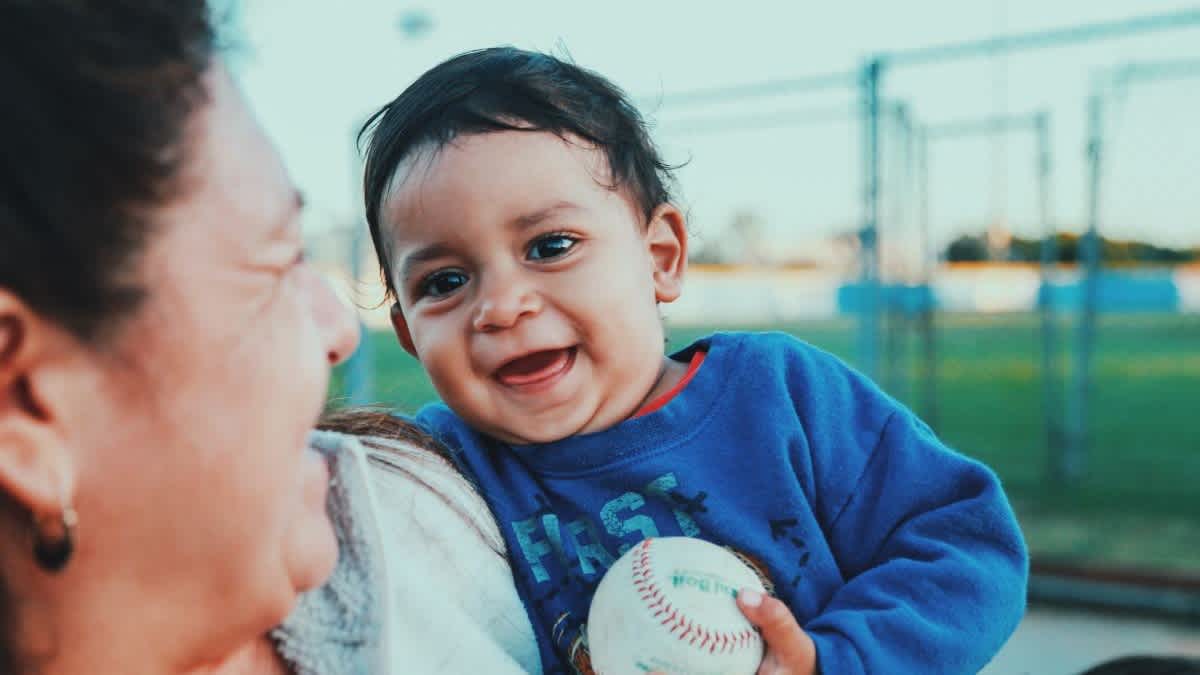
Myth #1: I can’t be a carer because I’m single
We welcome foster carers who are single, married, in de-facto relationships, with or without children.
Myth #2: I can't care because I work full time
Many of our carers have full-time jobs. The amount our carers work often depends on the age of the children in their care. For example, carers with older children in school often work more than carers with pre-school age children in their care. Additionally, we offer many different types of foster care such as respite care, which allows our carers to accommodate pre-existing work and family commitments.
Myth #3: I’m too old to be a foster carer
We don’t have a set upper age limit for foster carers at Life Without Barriers. We welcome carers from most life stages, including people who have retired or have grown children. For people who are older, we are looking for someone with a lot of love and patience to give and the ability to care for themselves, a child and their home.
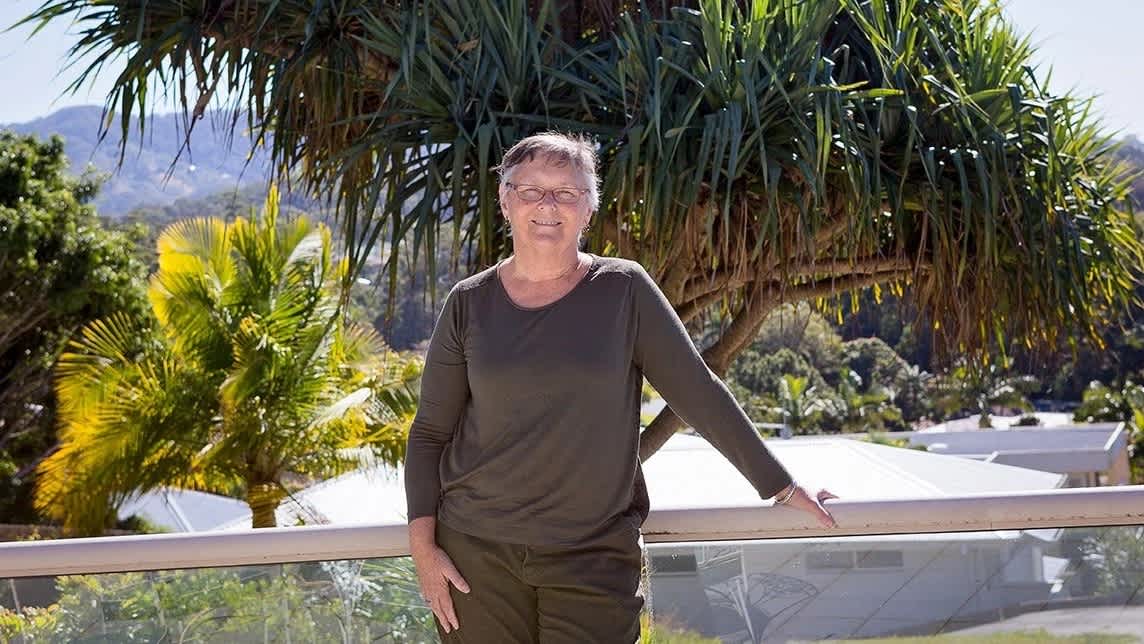
Myth #4: I rent, I don't own my home
We welcome carers who rent or own their home. Our only prerequisite regarding homes is that the child staying with you must have their own bedroom.
Myth #5: I don’t know how to deal with complex behaviours
Children who enter foster care can come with some complex behaviours. There can be trauma from being separated from their birth family and trauma that may have occurred while in their family home. By being a patient, supportive, loving and predictable adult in their life, our foster carers help children to heal and grow. All of our carers receive specialised training in how to handle complex behaviours and trauma and we provide 24/7 on-call support to foster carers. We also have clinicians on staff who are available to help carers work through particularly complex issues.
Myth #6: I can't be a carer as I don’t have kids of my own
Many of our carers are people without children, or whose children have grown up and left home. Our foster carers receive specialist training and support every step of the way. What our carers do need is patience, empathy and the time to build a positive, supportive relationship with a child who is unable to live safely at home.
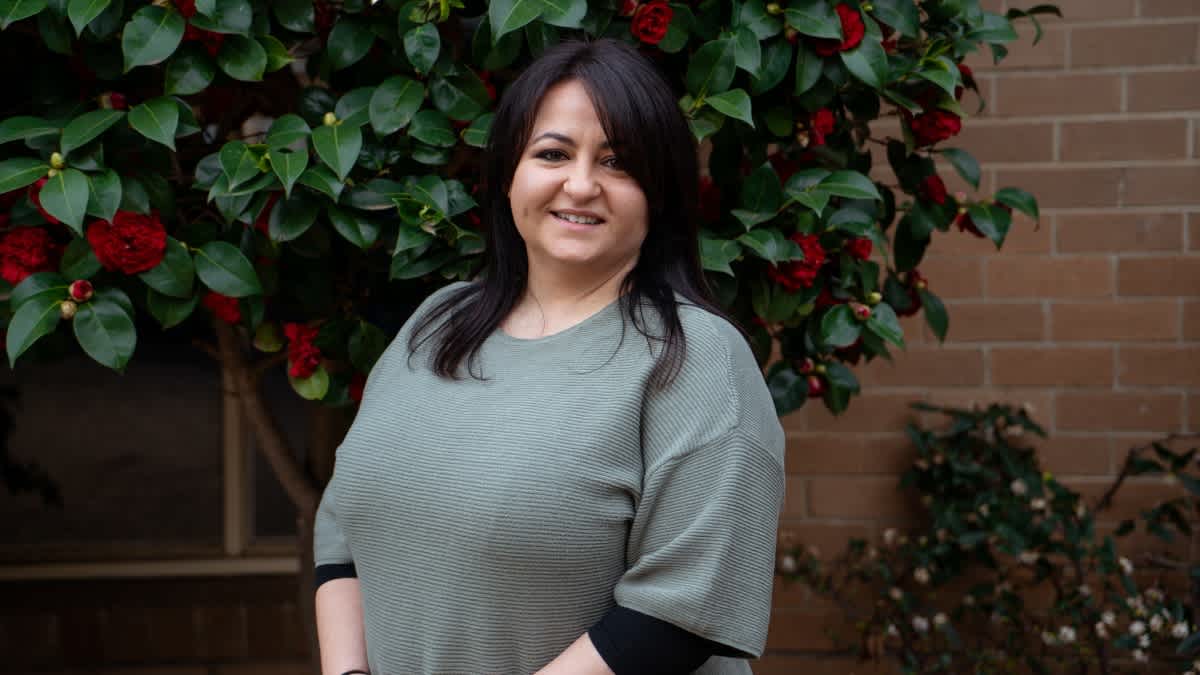
Myth #7: I could only care for a baby
At Life Without Barriers we support young children all the way up to 18 years old. While many people only want to foster babies the need is just as great for older children and teenagers. Our carers often share with us how rewarding it is to care for older kids. Older children come with lots of personality, a great sense of fun and often have an understanding of why they are unable to live with mum or dad. This makes it easier for the child to build a stronger connection with the foster carer and for the carer to support their relationship with their birth family. Additionally, our carers with older kids also share how rewarding it to bring that child up to date with what their peers are doing, such as learning to drive or joining a sports team, things they may have missed out on in the past.
Myth #8: I want to be a foster carer but I'm LGTBQI
We welcome carers from all walks of life, and we have many carers who are part of the LGBTQI community. This is definitely not a barrier to becoming a foster carer. To learn more, we suggest reading stories from foster carers in the LGBTQI community.

Image: Same-sex female foster carer couple in their forties in the dining room smiling.
Myth #9: It would break my heart to give the child back
When children come into foster care, the first aim is always reunification with their family. Foster carers should see themselves as a part on the child’s journey to a safe, loving, long-term home. Sometimes that home will be back with their family, sometimes it will be with the foster carer, this decision is made by the Children’s Court. Our foster carers tell us that even though goodbyes are sad, there is also joy and a sense of peace knowing the child is going to be able to grow up safely surrounded by their birth family. It’s about having the right mindset from the beginning.
We have a shortage of foster carers, if you have the ability to welcome a child into your home please learn more about becoming a foster carer.
